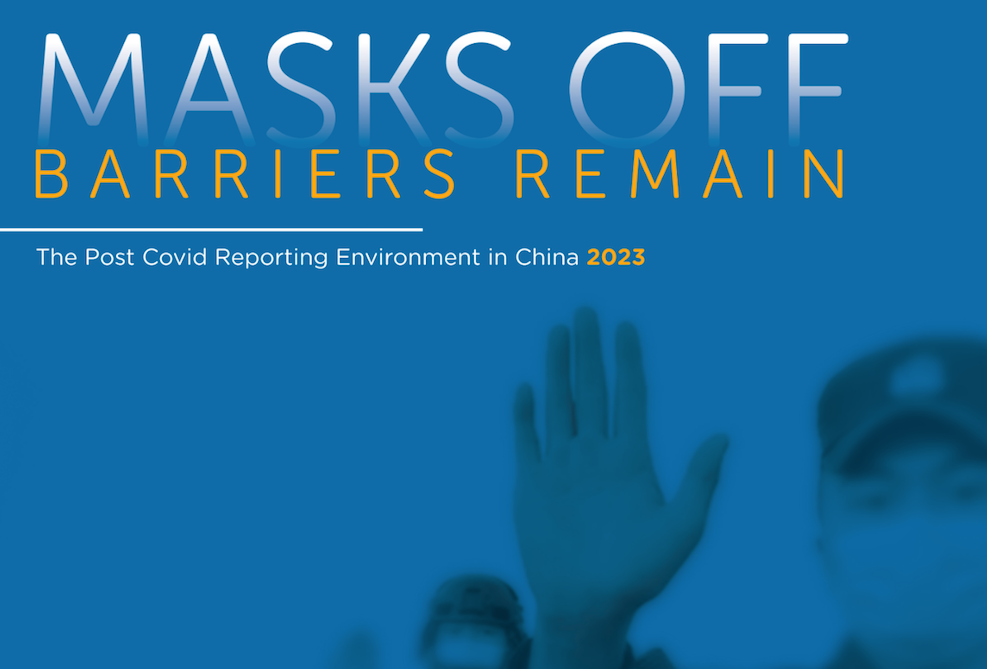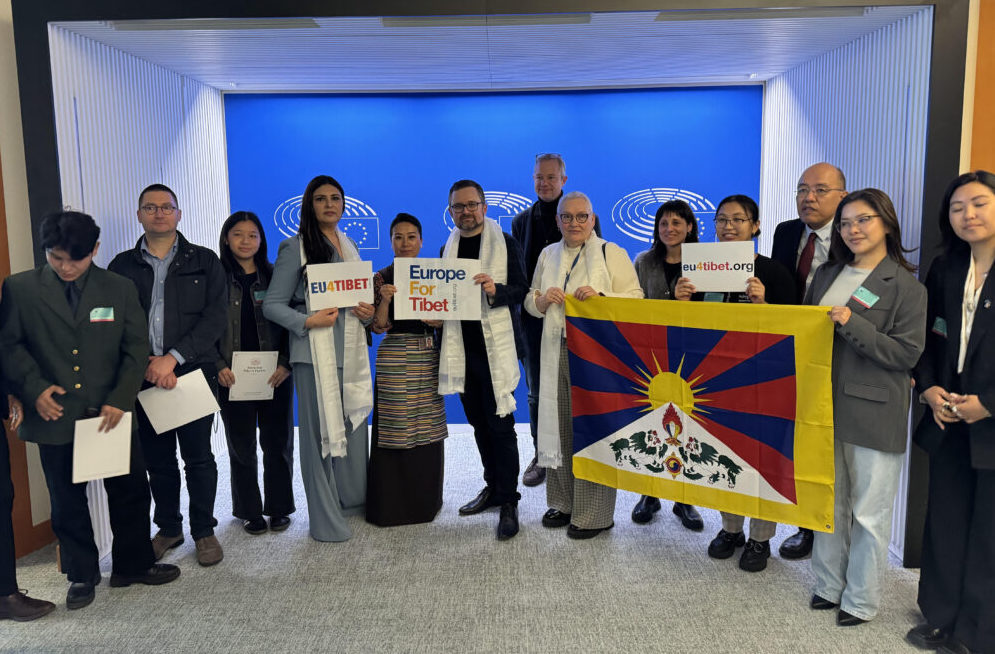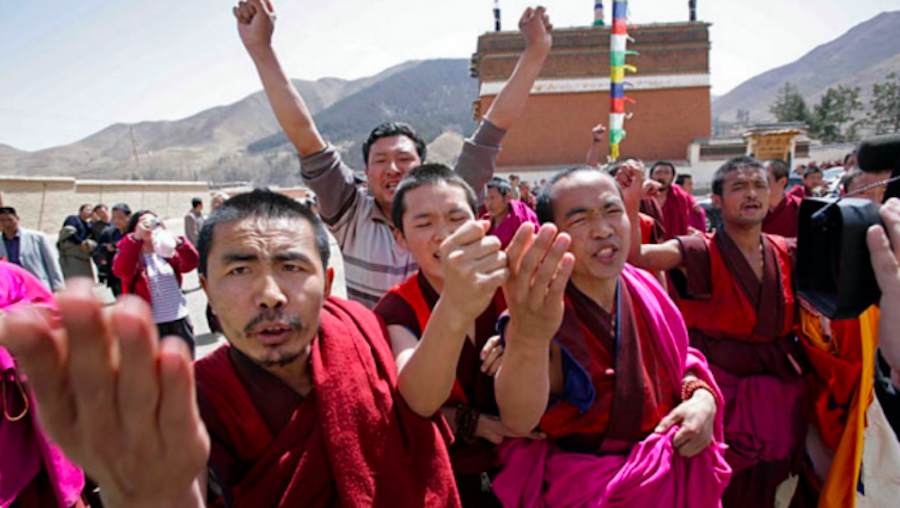By Tendar Tsering
 DHARAMSHALA, May 21: Chen Guangcheng’s arrival in the United States over the weekend has drawn mixed reactions from Tibetans in the exile headquarters of Dharamshala.
DHARAMSHALA, May 21: Chen Guangcheng’s arrival in the United States over the weekend has drawn mixed reactions from Tibetans in the exile headquarters of Dharamshala.
The blind legal advocate Chen Guangcheng, his wife Yuan Weijing, and their two children, were received at the Newark International Airport on Saturday by representatives of the U.S. State Department and New York University, where Chen will be a visiting scholar.
After making a daring escape from 19 months of extralegal house arrest on April 20 from this home village Dongshigu, Shandong Province, Chen sought refuge at the US embassy in Beijing.
When he left the embassy on May 2, under the glare of international media, Chen had initially expressed a desire to remain in China, but then, out of security concerns, requested to come to the US to rest and study.
“It might be good for Chen and his family – for their safety – but as an activist, it would have been better if he had decided to stay back in China,” Bhuchung D. Sonam, a writer and a political commentator based in Dharamshala told Phayul.
“China permitted Chen to leave the country because at this stage, for Beijing, the situation was better to let him off than trapping him inside,” Sonam added.
Chen, a self-taught lawyer, served a four-year-and-three-month prison term after he helped inhabitants in Linyi, Shandong Province, file a class action lawsuit against the city over its policy of the enforced sterilization and late-term abortions.
Lukar Jam, the vice president of the Tibetan political prisoners’ association Gu Chu Sum, credited Chen’s escape to the power of democracy.
“I think it’s the power of democracy that in an election year, President Obama had to arrive at a decision which would show him in a good humanitarian light,” Lukar said.
“Welcoming Chen to the US is a great encouragement to other rights activists too,” Lukar, himself a former political prisoner, added.
On Monday, the Chinese state-run paper Global Times said Chen would soon be forgotten and, in any case, most Chinese were not interested in people like him.
“After getting to the United States, Chen Guangcheng’s propaganda value for the West won’t be as high as before,” the paper said in an editorial.
However, the head of Tibet Policy Institute, Thupten Samphel said that Chen’s exit could be an indication of liberal politicians in mainland China gaining more influence.
“It is could be a good sign that liberal Chinese politicians are gaining power and becoming more influential,” Samphel said.
The senior statesman also expressed hope that Chen, after his arrival in the US, will continue to stand against injustice and not compromise on his principles in fear of the wellbeing of his close associates in China.
Chen’s nephew, Chen Kegui is currently in Chinese detention facing charges for ‘deliberate homicide,’ while his older brother, Chen Guangfu was said to have gone under intense torture in the hands of Chinese police in the locality.
“We remain deeply concerned, however, that Mr. Chen’s supporters and family members who remain in China face the real threat of retaliation from Chinese officials,” U.S. lawmakers Chris Smith and Sherrod Brown of the Congressional-Executive Commission on China said in a statement after Chen’s arrival.
“The Chinese government must also fulfill its promise to investigate the illegal actions taken against Mr. Chen, and demonstrate that China respects the rule of law,” they added.









